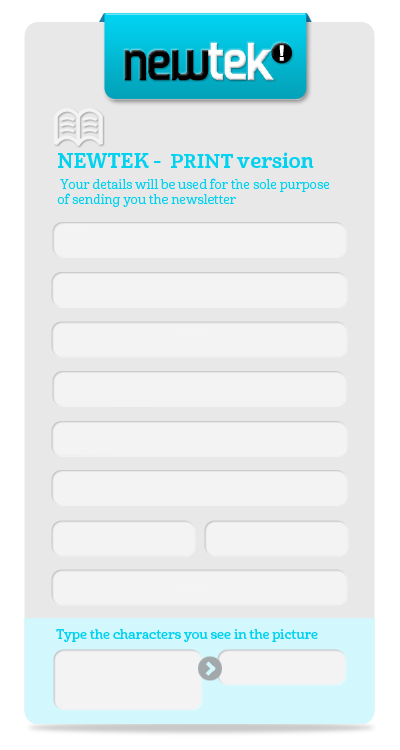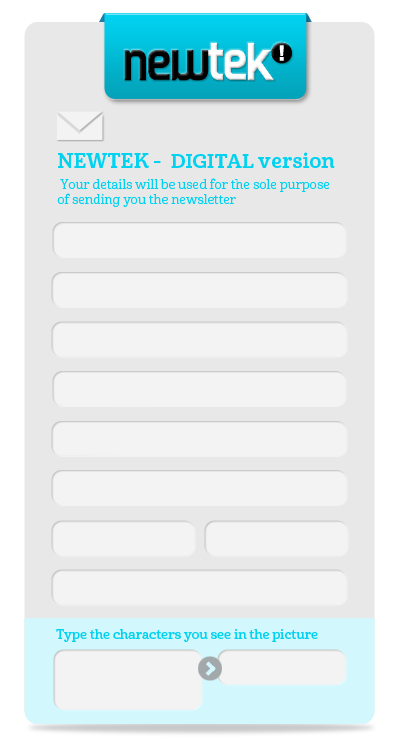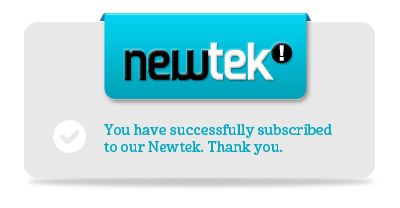THE EXPERT'S VIEW
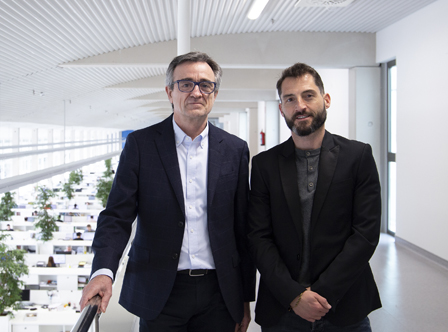
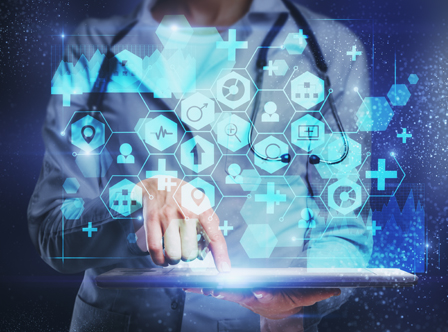
Tekniker is able to meet the technological demands posed by the health care sector thanks to its degree of expertise and command of in-house technologies. The organisation’s ultimate goal consists in furthering digitisation in the health care sector and to offering complete solutions in terms of customised follow-ups, diagnoses and treatments in an attempt to reduce costs and shorten the amount of time required for these processes.
Many sectors will be able to benefit from applying technology and digitising their processes, although some of the biggest challenges are related to the health sector where the incorporation of technologies is reported to be in the early stages. It is essential, therefore, to incorporate technology to deal with the issue of an increasingly aging population and to deliver customised solutions as quickly and economically as possible.
Tekniker, a member of the Basque Research and Technology Alliance (BRTA) and a specialist in a number of technologies, has the capacity to anticipate, together with other stakeholders in the health care sector, any challenges arising in this field to always meet the needs of a number of actors (citizens, patients, public health services and entrepreneurs) from a technological perspective.
In the health sector there are two main areas where technology can make a significant contribution and Tekniker is doing its utmost to deliver solutions.
The first of these areas is focused on a constant search to achieve greater efficiency in public health care systems. The increasing demand for health services resulting from aging populations requires more resources. Digitising the health sector, therefore, is becoming increasingly relevant and, in this regard, Tekniker offers a number of applications to facilitate this deployment.
The second area is related to the revolution that is currently underway in the field of traditional diagnoses, treatments and follow-ups in terms of implementing customised care. In this particular case, technology provides the help required to carry out processes quicker, more economically, with less specialist interventions and in a customised manner. Consequently, Tekniker’s ability to offer technologies combining different specialities (sensors, electronics, artificial vision, microfluidics, etc.) allows complete solutions to be offered.
Technological breakthroughs involving medical devices
The trend reported in terms of medical devices and health care equipment is somewhat similar to what has been reported in other industrial sectors and products such as consumer electronics, although there are also differences. Health care products take longer to develop as they must undergo strict controls, validations and clinical trials to demonstrate their safety and value proposal.
Notwithstanding the above, these new medical devices and health care products are delivering a tangible response to meet the needs of the medical community and society at large. Consequently, digitisation is playing a significant role. In this regard, it is crucial to develop devices that are compact, integrated, portable, user-friendly and connected to the health system to facilitate data logging and communications with health care professionals.
Likewise, it is crucial to understand that, due to the reality posed by an increasingly aging population, there will be a much greater demand for medical services. These devices, therefore, must be ergonomic, simple and intuitive, meaning that very demanding usability trials have to be performed first. They will also be used, moreover, more frequently outside clinical environments (hospitals and health care centres) and at homes. This means that medical device technologies must be robust, unattended and, in most instances, feature a cloud connection.
It must be stressed that there has been a growing trend in recent years towards customisation. What until now have been defined as “conventional treatments” are nowadays geared towards more customised solutions that deliver a larger number of optimised results.
A strategic priority for the Basque Country
These macrotrends are mirrored by the Basque Country’s role in this sector. The new PCTI 2030 (the 2030 Science, Technology & Innovation Plan) has established “customised health” as one of its three strategic priorities and “healthy aging” as one of the three main driving forces.
There is no doubt whatsoever that Tekniker is ready to help materialise this vision. The organisation will do so by collaborating with all the stakeholders that have been involved until now in this process, will collaborate with companies, the public health system and other technological assets. It will also do so by attending other forums under the RIS3 strategy for the Biosciences-Health sector.
Tekniker can also provide support throughout the entire life cycle of a development process by delivering minimally viable prototypes to demonstrate functionality as well as products that are ready and can be launched into the market.
In this regard, and based on the degree of rigour required by these processes, Tekniker uses official certifications as a support to offer all the necessary safety and guarantees. Consequently, the technology centre has implemented a process to be certified in 2020 by the ISO-13485 standard on Quality Management Systems for Health Care products to fully guarantee patient safety and access to technologies for medical devices all over the world.
How Tekniker is addressing these challenges in the sector
Tekniker has internalised all the requirements related to medical devices and, in its role as a technology centre, is anticipating market requirements by investigating new technologies that are currently available for the purpose of designing the best possible products. The organisation’s knowledge and transversality in terms of the technologies it knows well and applies in other sectors is helping to meet the technological demands of the health sector within a reasonable timeframe.
The technology centre offers companies support to shorten product development times by incorporating a number of technologies it knows perfectly well such as, for instance, collaborative robotics, connected wireless sensors, power consumption minimisation and optimisation, smart applications and data processing software, point of care systems, artificial vision and surveillance systems. The organisation also offers automation for laboratory processes which are only somewhat similar to certain industrial processes.
It is important to stress that additive manufacturing is a key element so that customised treatments to be applied to individual patients for the purpose of improving quality of life. Tekniker, a specialist in the field of additive manufacturing in sectors such as the aeronautical or automotive business, is also applying these technologies nowadays to develop health care products. In addition to using additive manufacturing as a tool supporting design efforts, the organisation can also develop customised additive manufacturing equipment to address, among other things, challenges related to bioprinting and the manufacture of customised drugs.
The major potential resulting from technologies applied to the health sector is significantly boosting development actions in this field. Technology has arrived to support one of the most relevant aspects, namely, our health. Furthermore, it also intends to develop and improve efficiency from an economic perspective in the complex and costly as health care sector. Finally, and more specifically, the development of digitised devices for customised diagnoses, treatments and follow-ups will represent a major global step forward, not only for the health sector but also for society at large.
